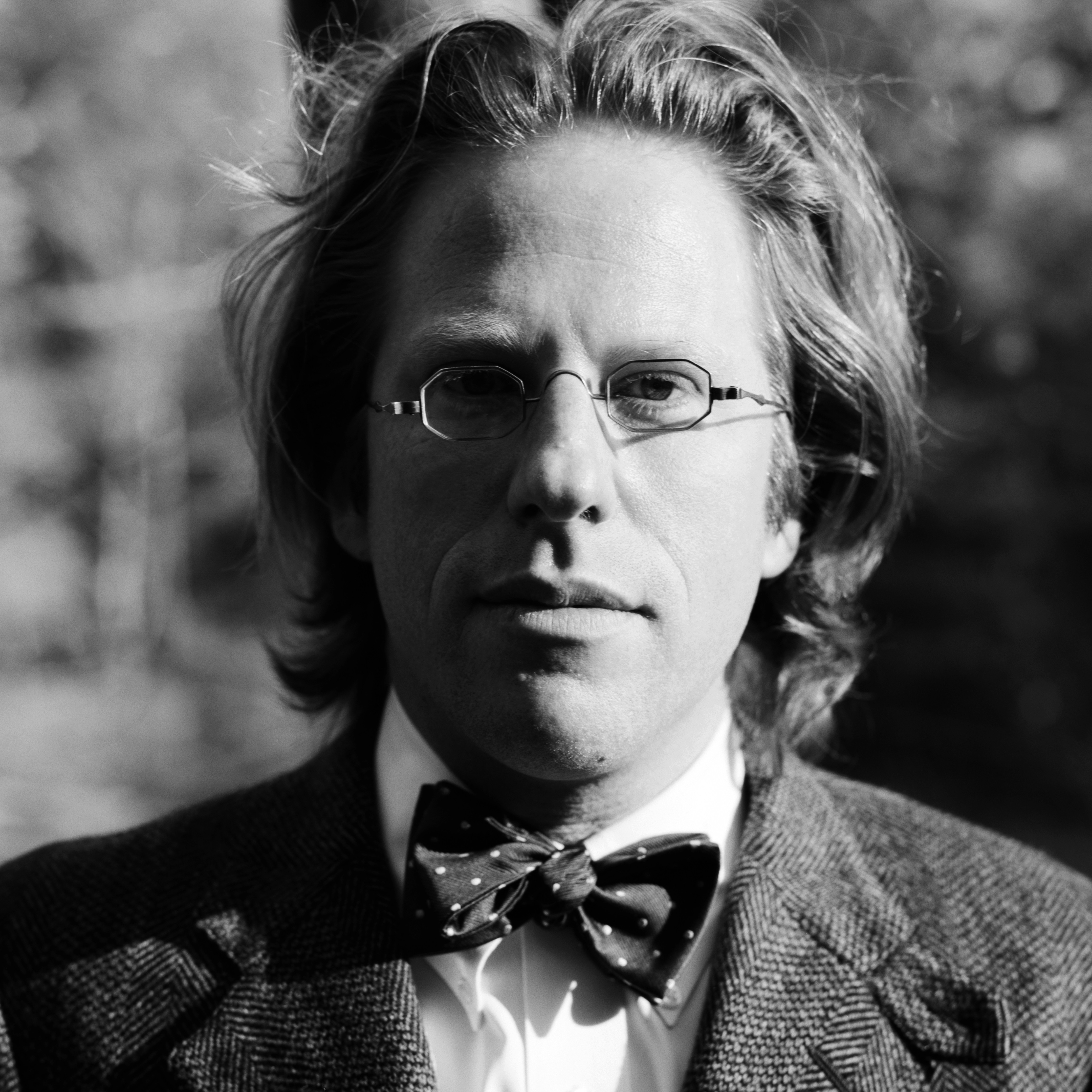Digital Transformation – an Artistic Reflection
This module invites students to explore the digital transformation of society through an artistic lens. In the first part of the module, students receive academic input provided by Professor Beth Singler, who leads the module, and further DSI Professors. These inputs inspire critical reflection on the digital transformation of our society.
Students then develop their own concepts with guidance from Jonathon Keats, artist and advisor for meta-disciplinary studies at the DSI. They also receive practical guidance from the UZH Multimedia & E-Learning Services (MELS) team through film workshops. Finally, students translate their reflections and ideas into digital artworks using mixed digital media.
The module is open to Master’s students from all disciplines through the School of Transdisciplinary Studies (STS). It is also a core elective module of the DSI Minor/LAO Digital Skills program. Read more about the program here: DSI Minor/LAO Digital Skills
Semester Highlights
- Input lectures from various DSI Experts.
- Individual Zoom-meetings with Jonathon Keats.
- MELS Workshop on the various stages of filmmaking.
- End-of-Semester Celebration on Monday, May 18, 2026. At the end the Spring semester, the final project are presented and celebrated together with the students from the Teamwork module (Link) module and the entire Community of Practice (CoP).
Semester-specific information can be found in the course catalogue VVZ and on OLAT.
Jana Pfeiffer – Seeing Identity (2025)
My film was inspired by the ways in which digital technologies—especially the smartphone—transform and digitally mediate our identity, memory, and perception. As memories shift from mind to device, I question how our self-image changes when we constantly view life through a lens.
The film was shot on a smartphone—not just as a technical choice, but as a core concept. The device is not just a tool, but a co-actor. I invite the audience to reflect: How much of me is in my phone—and how much of my phone is now in me?
Sofie Kizilelma – Diary of an AI (2025)
I have noticed how humans are becoming more and more reliant on our phones and how this has only increased due to AI. In this project I wanted to explore how future interactions with AI could be and what it is like to have a relationship with an AI through a chatbot. While communication with these different AI chatbots the difference in my perception and the AI’s “perception” was very stark and was fascinating aspect to reflect on within the diary.
Livio Gloor – That Which Resists (2025)
The project is inspired by the concept of epistemic boundaries within digital transformation — particularly the tension between systems of articulation (e.g., language and logic) and phenomena that elude such systems, represented through recursive, algorithmically generated fractal structures. The installation seeks to evoke a sense of contemplative confrontation with the limits of knowledge and representation, inviting viewers to reflect on what it means to engage with complexity that resists reduction or explanation.
Lordsdarlyn Kojo Nyeduala – The Digital Oracle (2025)
My project was inspired by the concept of algorithmic authority, how AI systems increasingly influence human decisions, beliefs, and spiritual interpretations in the digital age. I want viewers to reflect on how easily we attribute meaning and trust to intelligent systems. The video invites critical curiosity about the symbolic power of AI and whether it is becoming our modern-day oracle. As part of the creative process, I used Pictory.AI to generate the video. I intentionally left the watermark on, as it serves to highlight accessible, alternative tools for video production, especially relevant for student projects.
Daniela Baumann – If AI Had a Style (2025)
The inspiration was from the versatility from new tools thanks to AI. Another important inspiration and guidance was the first talk with Jonathon Keats. I want the viewers to see how AI would want to express themselves, and how their opinions on the end result varied.
Vasilije Vuksanovic – PSA: Disconnect (2025)
Having two younger brothers, I often reflect on their digital use habits and contrast them with mine. Although social media and other digital appliances have brought a lot of good things to our societies, the flip side of the coin, in my opinion at least, is that it has partially stripped us away from genuine human connection.
I'd like for people to think about their digital habits and the extent to which they influence (often negatively) their communication behaviours and social relationships. I would wholeheartedly invite people to be more present, to turn off notifications and to enjoy in-person discussions.
Cédric Stüssi – The Digital Changeling (2024)
In a world where technology advances at an exponential rate, we often struggle to determine whether we are confronted with the truth or with deceit. Deepfake technology, while conceptually fascinating, is the perfect weapon to disseminate disinformation on a level never seen before. This project is a poetic discussion on the (potentially immoral) use of this new tool, and how it blurs the line between Truth and illusion.
Leandro Habegger – The Taming of the Machine (2024)
Grounded in my daily experience as an informatics professional who moves between research, public administration and entertainment, the piece explores cognitive outsourcing – the quiet hand-over of our own reasoning to AI-driven conveniences run by large corporations. This spoken-word track stages real-world data breaches alongside Friedrich Dürrenmatt’s The Physicists (1962) to underscore how creators become powerless once their inventions are absorbed into systems that ignore long-term social and environmental costs.
I want listeners to leave with a chill of recognition: the true dystopia is not a flashy robot uprising, but the everyday erosion of individual and collective agency whenever we trade autonomy for comfort.
Till H. W. Baier – The Digitalization of the World (2024)
The concept behind the work is the global impact and dimension of the digital transformation, spreading across all aspects of life with force and speed comparable to natural phenomena. It critically examines both the opportunities and risks of this transformation, prompting reflection on issues such as data overload, information flow, and the fragility of digital structures. Through this work, I aimed to convey the far-reaching nature of digital transformation and evoke a sense of its powerful presence in our lives. It is a double-edged sword, which entails both significant opportunities and serious risks.
Viola Särkiluoto – The AI Teacher (2024)
This project critically examines the digitalisation of teaching and learning. I question the extent to which AIs can replace teachers by exploring the paradox of a machine attempting to teach a human something it can never physically perform itself, while the student follows its instructions literally, like executing an algorithm. Through this playful film, I invite the viewer to reflect on the possibilities and limits of AI in educational contexts, and the value of human interaction between teacher and student.
Module Team

Prof. Dr. Beth Singler is Assistant Professor in Digital Religion(s) at the University of Zurich. Her anthropological research explores the social, ethical, and religious implications of AI and robotics. She has also produced a series of short documentaries, Rise of the Machines. She is responsible for the Artistic Reflection Module and leads the input sessions.

Jonathon Keats is an experimental philosopher, artist, and writer whose projects combine methods from the sciences and the humanities. He is a research associate at the University of Arizona and a fellow at the Berggruen Institute. At the DSI, he is a course instructor in the Artistic Reflection module, and the advisor for metadisciplinary studies.
Multimedia & E-Learning-Services
Stephan Läuppi, Filmmaker
Angela Spörri, Filmmaker
Read more about the MELS team.

Ursula Brack is a member of the managing office of the DSI, focusing on the Concept Development of the Minor/LAO Digital Skills.